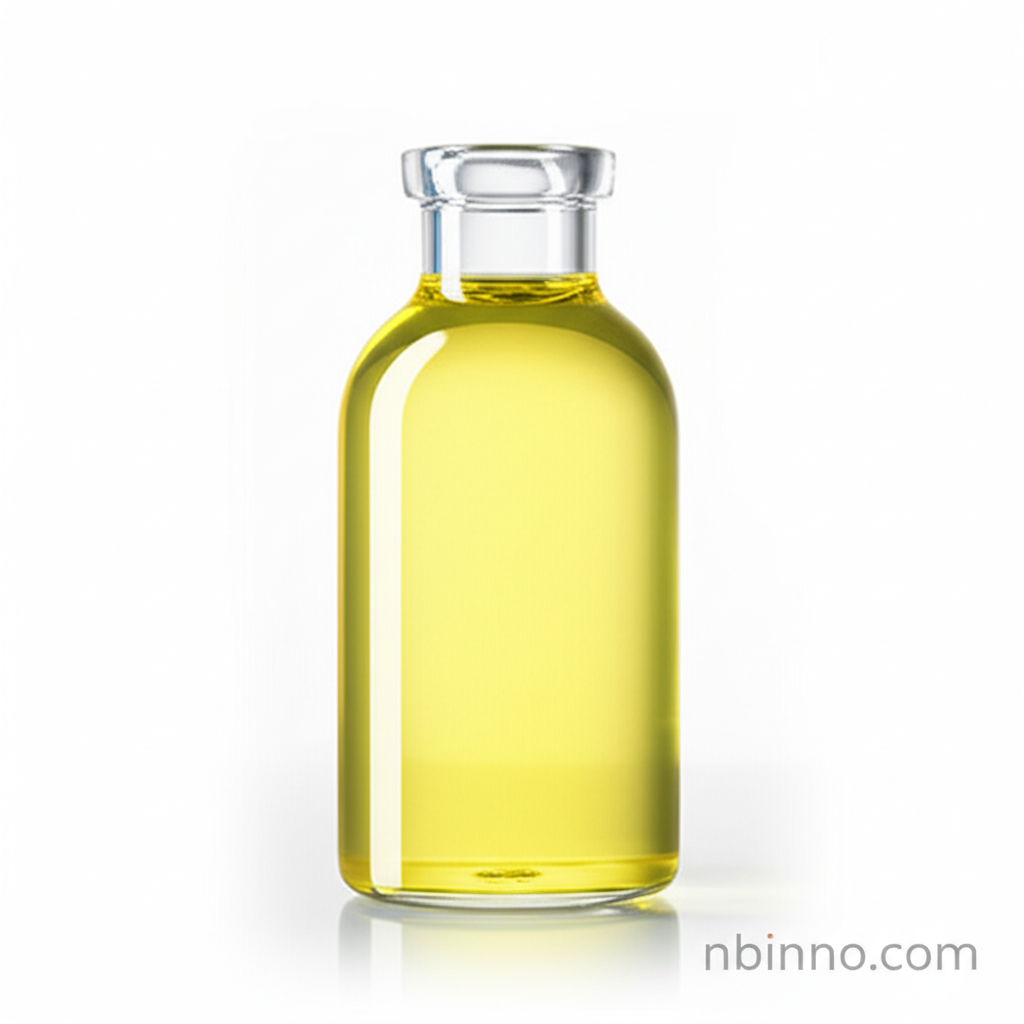Unlocking the Potential of 2-Pyridineethanol
Discover the versatile applications and chemical properties of this key organic intermediate.
Get a Quote & SampleProduct Core Value

2-Pyridineethanol
2-Pyridineethanol, identified by CAS 103-74-2, is a crucial organic intermediate valued for its role in complex organic synthesis pathways and as a metabolite in pharmaceutical applications, notably for the drug betahistine. Its unique structure facilitates a range of chemical reactions, making it indispensable for developing new compounds.
- Discover the critical role of 2-Pyridineethanol in organic synthesis, enabling the creation of novel chemical structures.
- Explore the function of 2-Hydroxyethylpyridine as a key metabolite for pharmaceuticals like betahistine, aiding in drug development.
- Understand the physical and chemical properties of pyridine-2-ethanol, including its miscibility and solubility in various solvents.
- Leverage the high purity (≥98%) of 2-Pyridineethanol for consistent and reliable results in your research and production.
Key Advantages
Versatile Organic Synthesis
The structure of 2-Pyridineethanol makes it an excellent building block for organic synthesis, allowing for the construction of more complex molecules with diverse functionalities.
Pharmaceutical Significance
As a known metabolite of betahistine, 2-Hydroxyethylpyridine is vital in pharmaceutical research, contributing to the understanding and development of new therapeutic agents.
Favorable Physical Properties
The compound's miscibility with common organic solvents like ethanol and ether, along with its solubility in water, enhances its ease of use in various reaction conditions and formulations.
Key Applications
Organic Synthesis Intermediate
Utilized as a fundamental component in the synthesis of a wide array of organic compounds, driving innovation in chemical manufacturing.
Pharmaceutical Research
Serves as a critical metabolite and building block in the development of new drugs, particularly those targeting neurological disorders.
Specialty Chemical Production
Essential for creating fine chemicals with specific properties for various industrial applications, benefiting from its precise chemical structure.
Metabolite Studies
Important for researchers studying drug metabolism and pharmacokinetics, particularly concerning the anti-vertigo drug betahistine.
